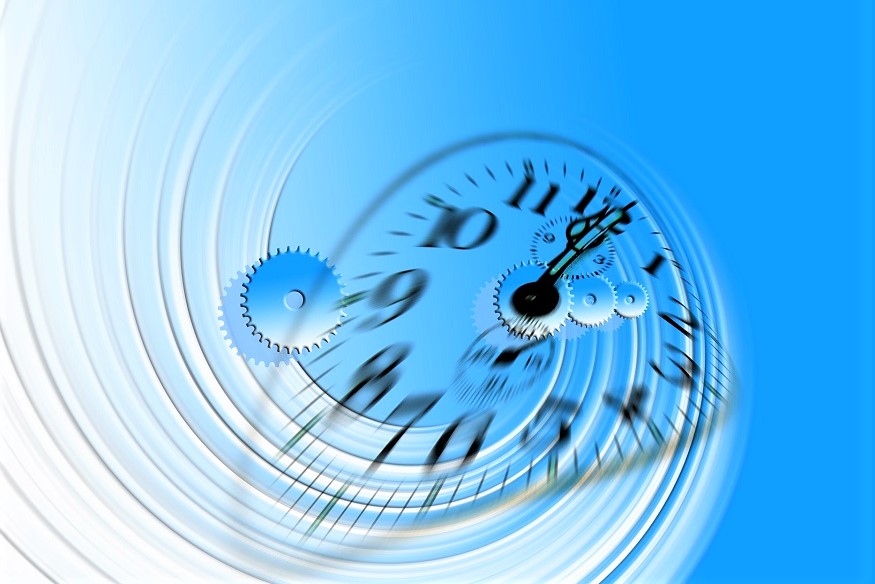
Jet lag: how to reduce symptoms after a long journey?
Let’s talk about jet lag. During a long journey, even crossing three or four time zones, it is extremely likely that the traveller may experience the consequences of jet lag
Jet lag gives real symptoms, which can disturb the sufferer on several levels.
What is jet lag and what are the effects of jet lag on sleep?
Jet lag is a disruption of the sleep-wake rhythm that causes a temporary sleep disturbance.
It is typical of long plane journeys, when travellers cross many time zones.
It can cause disturbances both in the first few days of the holiday and in the days following the return journey.
Among its main negative effects, in addition to disturbed sleep, are excessive sleepiness during the day, difficulty falling asleep and resting at night and a general, albeit slight, feeling of malaise.
What are the consequences of jet lag?
The consequences are extremely personal and subjective. However, it is common for those who have travelled to experience loss of appetite, constipation and dyspepsia, due to the fact that mealtimes are altered, as well as headaches and difficulty concentrating.
The number of trips, especially in a short period of time, has its share of consequences: over time, the brain may learn to react better, but there is also the possibility that post-jet lag disruption becomes a chronic problem.
How to avoid jet lag?
To avoid jet lag, it is important to adapt to the new country’s schedule, trying to avoid daytime naps, and trying to regularise your bedtime at night.
Before going to sleep, one must then ensure that the ideal situation is created.
The room should be dark and quiet, with no TV on or smartphones.
Light, in fact, interferes with the secretion of melatonin, which is crucial in regulating sleep.
It is important to avoid cigarettes and high-calorie foods in the evening hours.
If the adaptation to the new time zone is too long, remedies can be used to alleviate the effects of jet lag.
Does melatonin help reduce jet lag?
You can buy products (syrups, tablets, drops, etc.) containing melatonin in pharmacies.
Melatonin is a hormone produced by the pineal gland that regulates the body’s circadian rhythm, the natural release of which is stimulated by darkness.
Taking melatonin helps to naturally synchronise the sleep-wake cycle with the new schedule to reduce jet lag: simply take it every day, 30 minutes before going to sleep, while in the new country.
Melatonin after a long plane journey
When returning from a long journey, jet lag can also be felt: to counteract it, melatonin can be used in the same way, for about a week.
If jet lag is related to recurring headaches – and a neurological examination is essential to determine this – magnesium can be taken continuously and analgesics avoided.
Read Also
Emergency Live Even More…Live: Download The New Free App Of Your Newspaper For IOS And Android
Traveller’s Diarrhoea: Tips To Prevent And Treat It
Obstructive Sleep Apnoea: What It Is And How To Treat It
Grinding Your Teeth While You Sleep: Symptoms And Remedies For Bruxism
Long Covid And Insomnia: ‘Sleep Disturbances And Fatigue After Infection’
Sleep Disorders: The Signs Not To Be Underestimated
Sleepwalking: What It Is, What Symptoms It Has And How To Treat It
What Are The Causes Of Sleepwalking?
What Is Insomnia? Symptoms, Causes And Effects Of A Widespread Disorder


